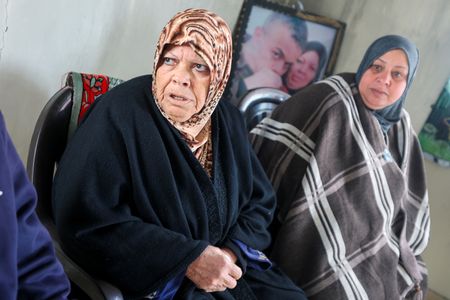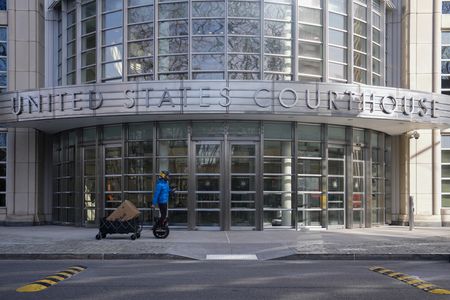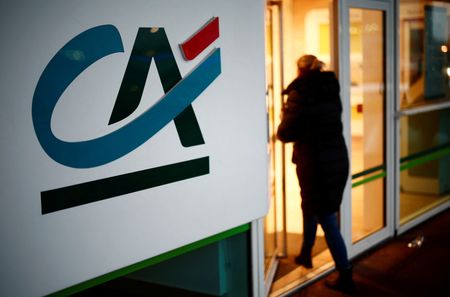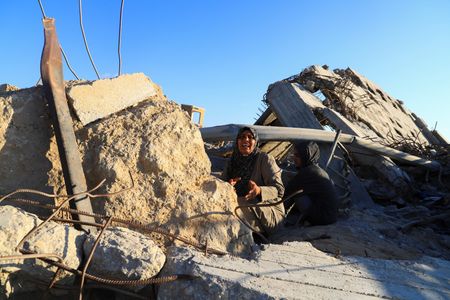GAZA (Reuters) – A Reuters story about a Palestinian mother’s wait for the release of her long-jailed son, who was convicted of killing an Israeli, is withdrawn. Reuters has been unable to verify a link between the victim and Israel’s Mossad spy agency, as stated by the Palestinian prisoner’s family. There will be no substitute version.
STORY_NUMBER: L3N3PG0F9
STORY_DATE: 25/02/2025
STORY_TIME: 1137 GMT










